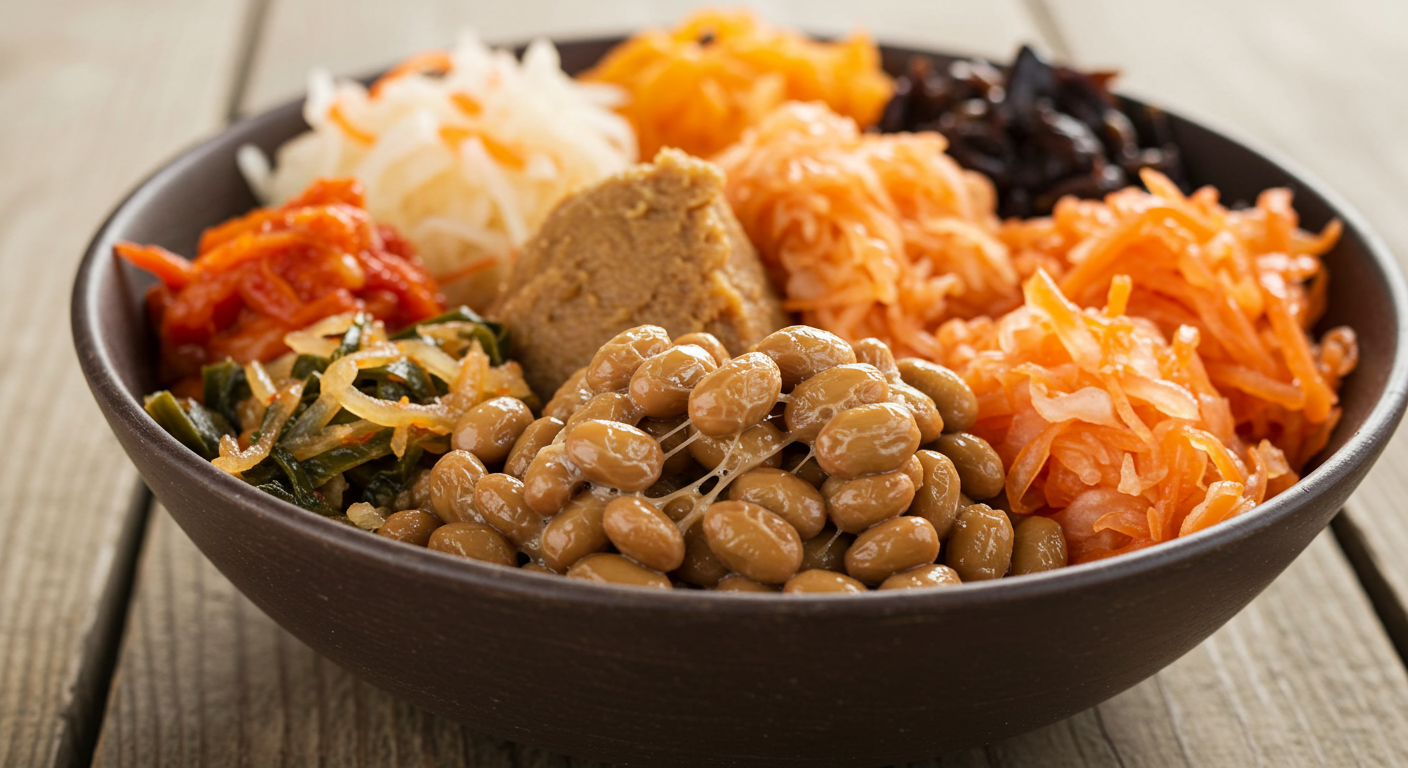Dr. Kumar’s Take:
Most people don’t think about vitamin K2 when it comes to heart health—but this review shows we probably should. Vitamin K2 helps activate a special protein called matrix Gla protein (MGP), which stops calcium from building up in your arteries and heart valves. When you don’t get enough vitamin K2, this protein stays inactive, and your risk of artery hardening, heart valve disease, and even heart failure goes up.
Key Takeaways:
✔ Vitamin K2 helps keep calcium out of your arteries and in your bones, where it belongs.
✔ Low levels of vitamin K2 are linked to stiffer arteries, heart valve disease, and higher risk of heart failure.
✔ Supplements with vitamin K2 may lower this risk by activating protective proteins like MGP.
✔ It’s safe, inexpensive, and could be a simple addition to your heart health routine.
Actionable tip:
Consider adding a vitamin K2 supplement (MK-7, at least 180 mcg daily) to your routine—especially if you’re at risk for heart disease or over 40. But always talk to your doctor first, especially if you’re on blood thinners.
Brief Summary:
This narrative review published in BMJ Open Heart explores the important role vitamin K2 plays in heart health. It focuses on how K2 activates matrix Gla protein (MGP), which prevents calcium from hardening your blood vessels and heart valves.
When vitamin K2 levels are low, MGP stays inactive. This leads to more calcium deposits, stiffer arteries, and higher risks of heart failure, heart attacks, and even kidney disease. The review also highlights that people with higher levels of inactive MGP (a sign of vitamin K deficiency) had worse heart function and higher death rates.
Vitamin K2 is mainly found in fermented foods (like natto) and is often missing from Western diets. Supplementation with MK-7 (a long-acting form of K2) is shown to be safe and may improve cardiovascular health.
Study Design:
This was a narrative review, meaning it pulled together and organized the results of many existing human and animal studies rather than doing a new experiment.
The focus was on:
- How vitamin K2 activates MGP
- What happens when MGP is inactive (due to low K2)
- The links between vitamin K2, artery stiffness, heart valve disease, and heart failure
- The safety and potential benefits of vitamin K2 supplementation
Results:
- Low vitamin K2 is linked to stiffer arteries, worse heart function, and more calcium buildup in blood vessels and heart valves.
- Higher levels of inactive MGP (from low K2) predict worse outcomes, including higher risk of death from heart disease.
- Vitamin K2 supplements (especially MK-7) may reduce artery stiffness and slow valve calcification.
- K2 is well tolerated and doesn’t increase clotting risk in healthy people.
How Vitamin K2 Works in the Body
Vitamin K2 acts like a switch—it turns on matrix Gla protein (MGP), which then blocks calcium from forming crystals in your arteries. When MGP stays inactive (because of low K2), calcium builds up in the blood vessels, making them stiff and narrow. Over time, this raises blood pressure and the risk of heart attacks, strokes, and valve problems.
Related Studies and Research
Vitamin K and Vascular Calcification: A Review – Reviews evidence on how vitamin K impacts arterial calcification and vascular aging.
Vitamin K2, Cardiovascular, and Bone Health – Highlights K2’s dual benefits for the cardiovascular and skeletal systems.
Mediterranean Diet and Heart Disease – Explores how diet impacts cardiovascular risk and vascular health.
Statins and Neuromuscular Side Effects – Discusses side effects that may intersect with vitamin K pathways and muscle health.
Frequently Asked Questions
What foods are high in vitamin K2?
Fermented foods like natto, some cheeses, and animal products (like liver and eggs) contain vitamin K2, especially the MK-7 and MK-4 forms.
Is vitamin K2 the same as K1?
No. Vitamin K1 is found in leafy greens and mostly helps with blood clotting. K2 is better at reaching tissues like bones and blood vessels and plays a bigger role in preventing calcium buildup.
Is it safe to take vitamin K2?
Yes, vitamin K2 is safe in reasonable doses (180–360 mcg/day of MK-7). It doesn’t cause toxicity and doesn’t interfere with blood thinners like warfarin unless taken in very high doses. Still, check with your doctor before starting.
How long does it take to see benefits?
Some studies show improvements in arterial stiffness in as little as 6–12 weeks. But long-term benefits on heart valves and calcium buildup may take months to years.
Conclusion
Vitamin K2 may be one of the most overlooked tools in heart health. It helps activate matrix Gla protein (MGP), which keeps calcium from hardening your arteries and heart valves. While more large-scale studies are needed, current research suggests it may improve heart function, reduce artery stiffness, and lower cardiovascular risk. Best of all, it’s safe, affordable, and easy to supplement—making it a low-risk, potentially high-reward option for many.


